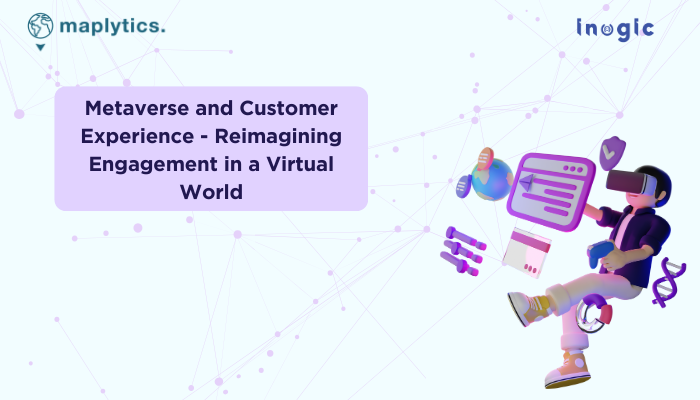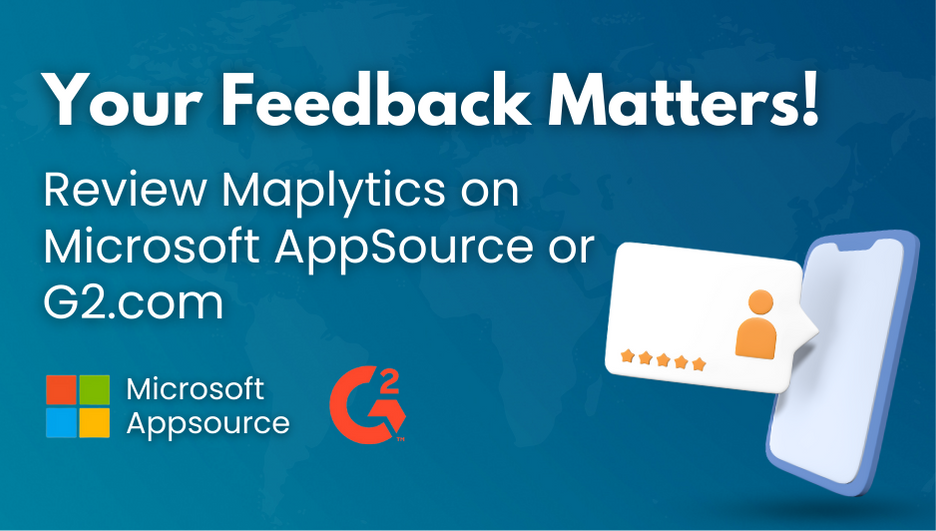The concept of metaverse, a persistent, interconnected network of 3D virtual worlds, has captured the imagination of businesses and consumers alike. While its full potential is still unfolding, the possibilities for revolutionizing customer experience (CX) are undeniable. This blog explores how Microsoft Dynamics 365 CRM, a leading customer relationship management (CRM) platform, might integrate with the metaverse, creating immersive and personalized experiences that redefine engagement.
Fun facts about Metaverse
- Beyond games, the metaverse envisions virtual classrooms, hospitals, stores, and even workspaces.
- Digital fashion is hot! Brands are designing virtual clothes and accessories for your avatar’s wardrobe.
- AI assistants are leveling up, ready to guide and personalize your metaverse experience.
The Rise of an Immersive Customer:
Today’s customers crave authentic, personalized, and engaging experiences. Traditional channels like websites and emails are facing limitations in catering to this evolving demand. The metaverse presents a unique opportunity to bridge the gap, offering a hyper-real environment where customers can interact with brands in new and exciting ways. Imagine virtual showrooms where customers can browse products in 3D, enjoy personalized virtual assistants offering real-time support, or immersive training sessions conducted within the metaverse.
Some statistics about Metaverse
• The expected global metaverse market size by 2030 is $936.57 billion
• The estimated number of active users in the metaverse worldwide (as of 2024) is 400 million
Microsoft Dynamics 365 CRM: A Bridge to the Metaverse
Microsoft Dynamics 365 CRM stands as a powerful platform for managing customer interactions and building strong relationships. Its potential integration with the metaverse can unlock exciting possibilities:
- Enhanced Customer Insights: Leveraging data from customer interactions within the metaverse (e.g., virtual buying, preferences exploration), Dynamics 365 CRM can develop even advanced customer profiles. This enriched data can be used to personalize experiences building stronger connections.
- Personalized Virtual Showrooms: Dynamics 365 CRM could connect with metaverse platforms, allowing businesses to create personalized virtual showrooms. Customers could interact with products, receive categorized recommendations based on their purchase and search history and filters, and even virtually “try on” clothes or furniture within the metaverse.
- Gamified Customer Engagement: By integrating gamification elements like loyalty programs and rewards within the metaverse, Dynamics 365 CRM can engage customers. How cool would it feel to earn badges for completing virtual tasks or participating in brand events hosted within the metaverse?! Gamifics 365, a fun and knowledgeable app by Inogic offers a similar experience.
- Seamless Customer Support: Dynamics 365 CRM’s functionalities, like chatbots and case management, can be extended to the metaverse, offering real-time support within the virtual environment. Customers can receive assistance for their product-related inquiries, or even have virtual tours by customer service representatives.
- Data-Driven Optimization: Data collected from customer interactions within the metaverse can be collated within Dynamics 365 CRM. It can be further analyzed by apps such as Maplytics that partner up with Dynamics 365 for enhanced location intelligence-based analysis. This data can then be used to optimize virtual experiences, refine product presentations, and personalize interactions further, creating a continuously evolving and engaging customer journey.
Integrating Metaverse and AI
AI and Metaverse have the potential to be powerfully synergistic, creating a more immersive, interactive, and personalized virtual world.
- 3D objects and environments can be created through AI guidance and suggestions
- Diverse content formats like text, music, or even animations using AI algorithms can be created allowing users to easily create engaging experiences.
- AI could be used to personalize avatars, allowing users to choose facial features, voices, and even personality traits that reflect their preferences.
- User-friendly tools and frameworks that leverage AI can empower individuals and businesses to contribute to the metaverse without extensive technical expertise. One can connect with the Professional Services Team at Inogic to explore building such tool-based applications in Dynamics 365 Modules, Power Apps, Microsoft Copilot Studio, and more!

Challenges and Considerations:
While the metaverse holds immense potential, it’s crucial to acknowledge the challenges that need to be addressed:
- Accessibility and Inclusivity: Ensuring everyone has access to the metaverse, regardless of their technological resources is critical. Inclusivity is important!
- Data Security and Privacy: Robust data security and privacy measures are crucial within the metaverse. Customers must feel confident that their information is protected while interacting with brands in this new digital landscape.
- Being Ethical: Ethical considerations regarding user behavior and potential manipulation within the metaverse need to be addressed. Responsible development practices and clear guidelines are essential for a safe and ethical virtual environment.
To sum up:
The metaverse represents the next phase of how we interact and connect. By integrating Microsoft Dynamics 365 CRM with this emerging technology, businesses can create immersive, personalized, and data-driven customer experiences that redefine engagement in the digital age. While challenges exist, the potential for crafting meaningful customer connections within the metaverse is undeniable. As the technology evolves further, businesses willing to experiment and adapt will be more able to thrive in this exciting new terrain of customer experience.





